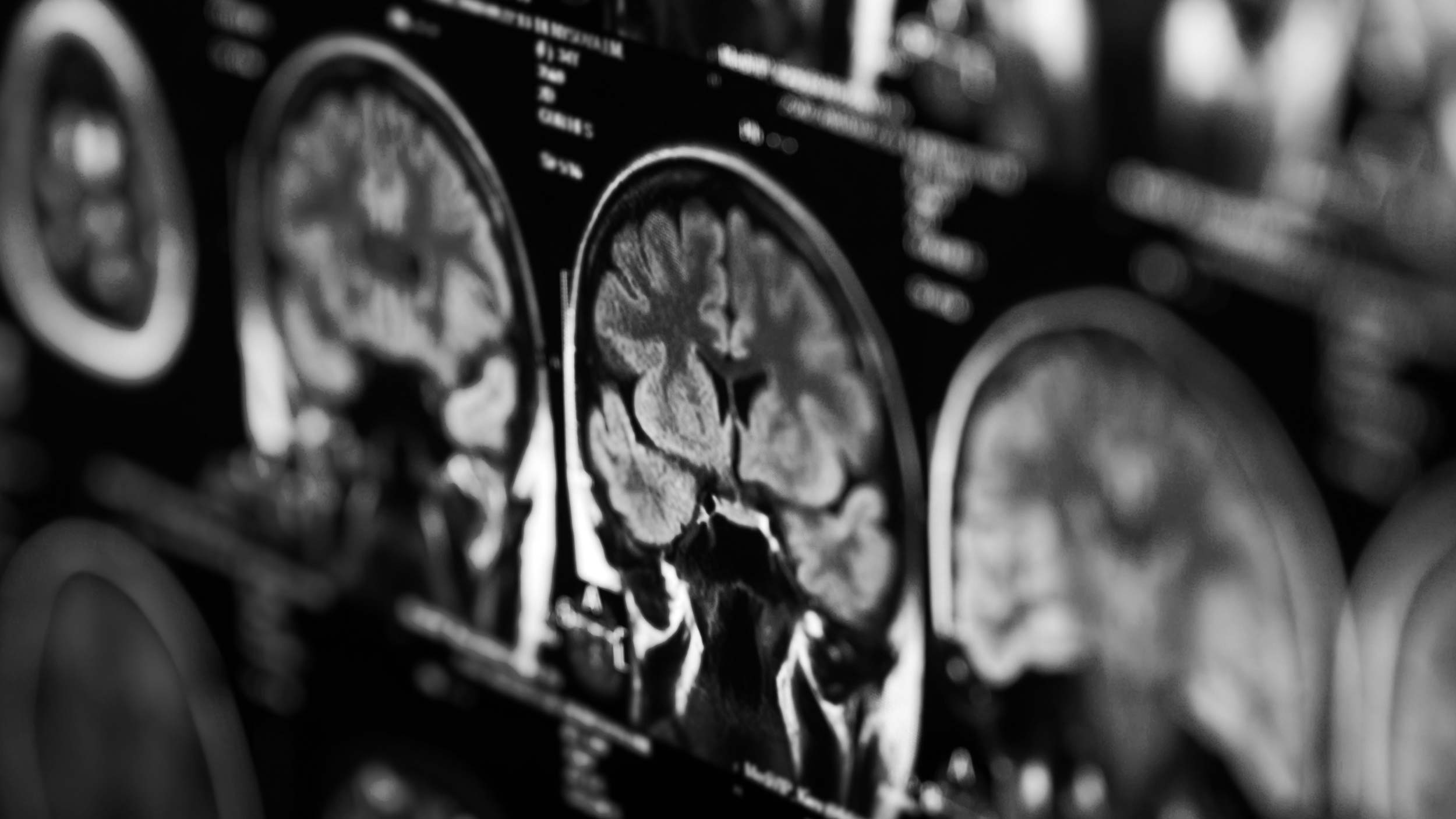April 5, 2023 – The Schizophrenia & Psychosis Action Alliance has joined the Schizophrenia Spectrum Biomarkers Consortium, organized by the Foundation for the National Institutes of Health to identify certain signs in the body that could help diagnose schizophrenia earlier and guide development of new treatments.
Schizophrenia is one of the most disabling medical conditions, yet we know little about what causes it, and there are no proven markers to assess a person’s risk of the disease or how (and how quickly) it will progress. Meanwhile, existing treatments for schizophrenia symptoms such as hallucinations and delusions can cause massive weight gain, diabetes and other severe side effects.
The Consortium seeks to identify biomarkers that can help unlock these diagnosis and treatment barriers.
“Many people with schizophrenia have yet to find a medicine that works for them, creating an entire population who cannot work or live independently and can suffer disabling and dangerous symptoms,” said Gordon Lavigne, CEO of the Schizophrenia & Psychosis Action Alliance. “The Biomarkers Consortium is critical to better understanding this severe brain disease. If we can diagnose it earlier and develop more effective treatments, we give people with schizophrenia a chance to survive – and thrive.”
The Consortium is focusing its current study on cerebrospinal fluid, which flows in and around the hollow spaces of the brain and spinal cord. Recent research suggests that the presence of certain proteins in this fluid could be associated with the development of schizophrenia.
S&PAA will join the Consortium as a voting member of its Neuroscience Steering Committee. The Consortium, founded in 2018, is led by the Stanley Center for Psychiatric Research at the Broad Institute in Boston, which is affiliated with Harvard University and the Massachusetts Institute of Technology.
About schizophrenia
Schizophrenia is a spectrum of serious neuro-psychiatric disorders in which people experience periods during which they interpret reality differently. Symptoms of schizophrenia may include a combination of visual and auditory hallucinations, false beliefs, cognitive impairments, and lack of awareness about how their thinking and behaviors may impair their daily life.Schizophrenia is thought to be a progressive neurodevelopmental disorder, with the earliest signs most often appearing during adolescence, and sometimes in childhood. It often is not identified until young adulthood.Approximately half of those with schizophrenia achieve recovery, living and working in the community; 25% of people need ongoing support, and approximately 15% do not see improvement. People with schizophrenia often experience co-occurring negative health outcomes, leading to a life expectancy shortened by an average of 28.5 years.
Schizophrenia cost the U.S. an estimated $281.6 billion in 2020, with a significant amount of direct costs due to health care, incarceration, supportive housing and homelessness. For each person diagnosed with schizophrenia at age 25, the total lifetime cost to the economy is approximately $3.8 million, or $92,000 per year.
About the Schizophrenia & Psychosis Action Alliance
The Schizophrenia & Psychosis Action Alliance is a global impact organization that moves individuals, families, and policies forward to improve and save lives by changing the treatment paradigm for schizophrenia-related brain diseases that involve psychosis. Every day without treatment can mean the difference between life and death.
We envision a day when the understanding of schizophrenia as a brain disease allows every person living with it to receive respect, appropriate treatment, and an opportunity to live a meaningful and satisfying life. We stand for hope and recovery through promoting peer-based support programs, helping to accelerate scientific knowledge, identifying successful treatments, and promoting effective public policies for systems change. To learn more, please visit www.sczaction.org.


